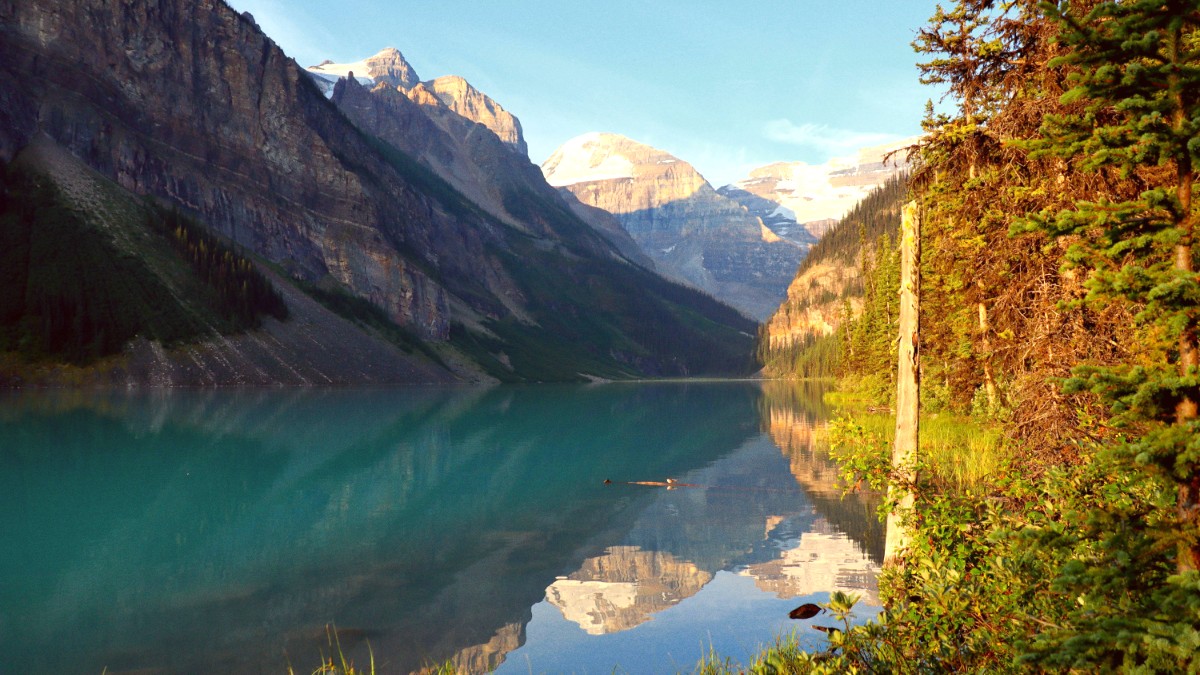
Alberta, Canada
Citizens of many visa-exempt countries (USA, UK, most EU, Australia, New Zealand, Japan) do not need a Temporary Resident Visa (TRV) for tourism. However, most travelers from these countries (excluding U.S. Citizens) need an Electronic Travel Authorization (eTA) if they fly to or transit through Canada. Apply for your eTA online before booking flights. The application is a simple online process, requiring a valid passport, a credit card (CAD $7 fee), and an email address. Most applications receive approval within minutes.
Travelers from visa-required countries must apply for a Temporary Resident Visa (TRV) before travel. Apply at a Canadian embassy, high commission, or consulate in your home country. This process is more involved, requiring a completed application, supporting documentation (proof of funds, itinerary), biometrics, and payment (CAD $100 for single entry, CAD $500 for family). Processing times vary, so plan well in advance.
ETA fee: CAD $7 (non-refundable). TRV fee: CAD $100 for single entry, CAD $500 for family. Parks Canada Pass for Banff National Park entry:
Daily Pass (Adult 18-64): CAD $10.50. Youth/Child (0-17): Free. Discovery Pass (Annual, unlimited entry to all Parks Canada sites): Adult: CAD $72.25, Family/Group: CAD $145.25. For Consumer visa application services, check out iVisa.
Permit Needed
Parks Canada backcountry permit. Book in advance via Parks Canada Reservation Service for popular routes.
Strictly for designated campsites. Highly competitive booking.
Permit Needed
National Park fishing permit. Purchase at Parks Canada visitor centers or licensed vendors.
Understand and follow all fishing regulations within Banff National Park.
Upon Arrival
Interview with CBSA officer. State visit purpose, duration, and accommodation plans. Be truthful and polite.
Have all required documents ready for inspection. Keep it straightforward.
Hostel dorm/Camping: $30 - $70. Mid-range Hotel/Motel: $150 - $400. Luxury Hotel: $400 - $1000+ (significantly higher during peak seasons). Breakfast (cafe/deli): $10 - $25. Lunch (casual restaurant/deli): $15 - $35. Dinner (mid-range restaurant): $25 - $70+ per person. Coffee/Snack: $5 - $15.
Roam Transit (local bus): $2 - $8 per ride. Parks Canada Shuttle: $8 - $20 return (reservations needed). Car Rental: $50 - $150+ per day (varies by season, vehicle type, insurance). Taxi (e.g., Banff to Lake Louise): $80 - $120+. Lake Louise Gondola: $50 - $60. Canoe Rental on Lake Louise: $145/hour. Guided Hikes: $50 - $200+.
Cost-effective for visits over 7 days or to multiple parks.
Stay in accommodations with kitchenettes or camp. Buy groceries in Banff or Canmore.
Use Roam Transit and Parks Canada shuttles to avoid parking fees and frustration.
Traveling in May-June or late September-October offers lower prices.
Hiking and scenic viewpoints are free, aside from the park pass.
The mountain environment presents unique considerations.
Lake Louise village sits at approximately 1,600 meters (5,250 feet). Some visitors experience mild altitude sickness symptoms. High altitude increases UV intensity, even on cloudy days. The dry mountain air can lead to rapid dehydration.
Bears, cougars, elk, and deer live in Banff National Park. Encounters are possible, especially on trails.
Comprehensive travel insurance is highly recommended. Canadian healthcare is expensive for non-residents.